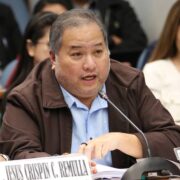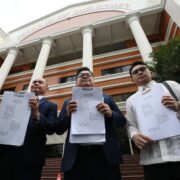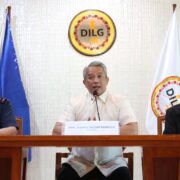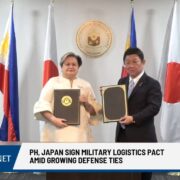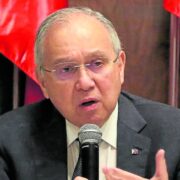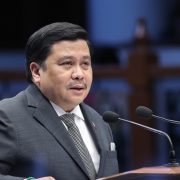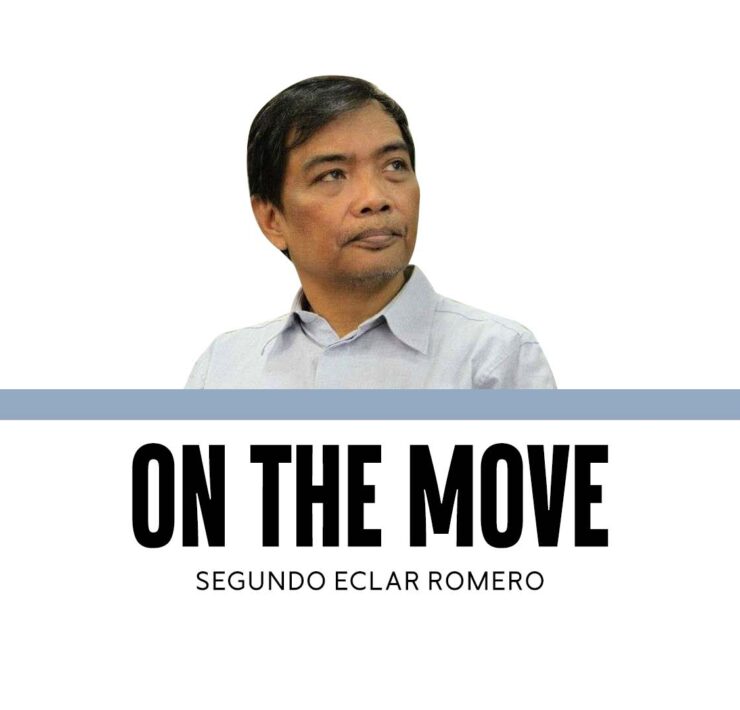Marcos at halftime: Reset or relapse?
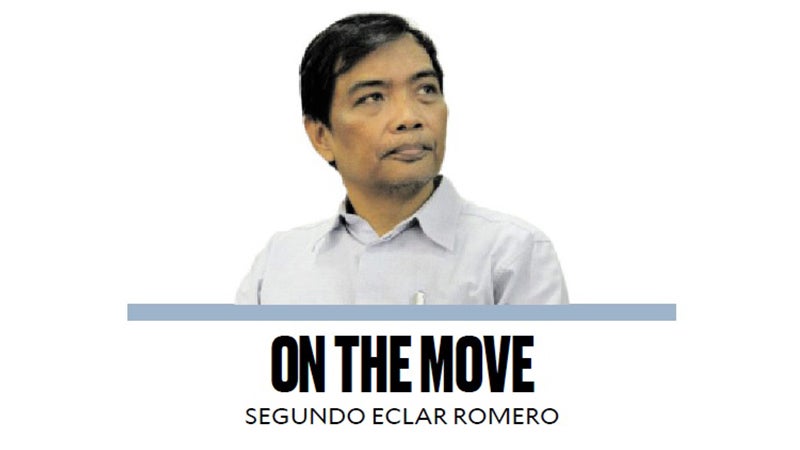
With the midterms behind him and 2028 looming ahead, President Marcos now stands at the critical halfway point of his presidency—undaunted in form, but increasingly exposed in substance. The recent directive for all Cabinet members to tender courtesy resignations signals not just a political reset but a quiet confession: the Marcos administration is groping for spine, strategy, and public trust.
Several fault lines define the terrain ahead, and unless navigated with strategic clarity, they may swallow his remaining term and any legacy he hopes to leave.
Inflation, job security, rice prices, and energy access are not trolls to be blocked or stories to be rewritten—they are real, lived experiences of Filipino households. Public approval no longer bends easily to nostalgia or social media choreography. With the electorate’s patience thinning, results—especially on food security, education, and public transport—are now the currency of political survival.
A second economic misfire or another rice crisis could turn Marcos into a passive observer of his own unraveling.
The collapse of the Marcos-Duterte alliance, hastened by the impeachment of Vice President Sara Duterte, opens a dangerous vacuum. The Duterte faction retains an emotional hold over a large voter base that feels betrayed, and the 2025 midterms showed that this emotional reservoir remains politically active.
If Mr. Marcos is to reassert leadership, he must move beyond factional dependency. This means rebuilding coalitions on the strength of ideas and reforms, not merely recycled loyalties. A pivot toward unifying institutions—local governments, academia, youth groups, and civil society—is not idealism. It is a survival strategy.
The administration’s reshuffle window must not be squandered on loyalists or familiar faces. If the replacement of underperforming officials is seen as performative, public skepticism will calcify. The public no longer wants glossy videos or global speeches; they want basic competence—roads fixed, teachers supported, hospitals equipped.
Performance contracts for Cabinet secretaries, publicly disclosed and regularly assessed, should be the norm, not a gimmick.
Typhoons, geopolitical tensions, and even the threat of civil unrest hover on the near horizon. These can break a presidency if not handled with transparency, empathy, and resolve. Crises have a way of revealing character—and so far, the President’s reflex has been to avoid confrontation and deflect accountability.
But leadership demands risk. Avoidance is not a strategy. Silence is not a spine.
Tensions in the West Philippine Sea, heightened by joint military exercises and foreign surveillance activities, present a tightrope for the administration. Mr. Marcos must define a foreign policy that asserts national sovereignty while insulating Filipinos from the crossfire of superpower rivalry. A principled, independent stance—crafted with diplomacy, not theatrics—is essential.
Marcos Jr.’s 2022 victory was paved by an unprecedented digital campaign, but the tide may be turning. As digital literacy grows, and more citizens question online narratives, the tools that once propelled him may now be sharpening against him.
Disinformation fatigue is real. The new electoral battlefield may reward honesty, clarity, and depth.
Discontent among the youth is rising. Education gaps, climate inaction, mental health crises, and perceived elite aloofness have become flash points. Volunteerism and protest movements may reawaken in universities and city streets, reshaping the moral terrain of the coming elections.
Dismiss them at your peril. The last time a youth wave aligned with a political opening, it changed the nation’s course.
If Mr. Marcos is serious about legacy, he must transition from name rehabilitation to nation-building. He must abandon any moves toward constitutional term extension and publicly commit to a democratic succession.
A National Futures Pact—charting a path to 2040, transcending partisan lines—could be his most enduring contribution. Reforming political parties, supporting merit over machinery, and endorsing a 2028 successor based on vision rather than bloodline would be acts of true statesmanship.
In his July 2025 State of the Nation Address, he must speak not only as a President—but as a bridge-builder, a reconciler, and a Filipino ready to relinquish power with grace.
The time for calibration is over. Mr. Marcos must now choose: be a placeholder for the past or a steward of the future. The nation waits—not for a myth, but for a leader.




